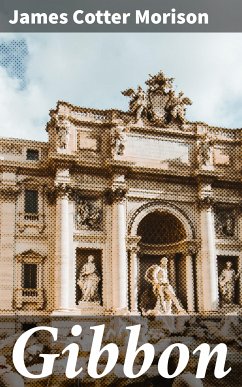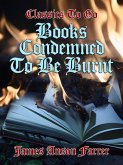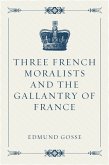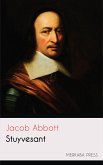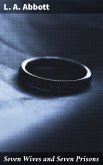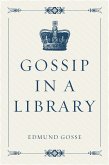In "Gibbon," James Cotter Morison offers a profound exploration of Edward Gibbon's life and works, particularly focusing on his magnum opus, "The Decline and Fall of the Roman Empire." Morison employs a meticulous literary style that blends biographical detail with critical analysis, providing readers with insights into Gibbon's narrative techniques and philosophical underpinnings. The work situates Gibbon within the broader context of 18th-century Enlightenment thought, illustrating how his historical interpretations challenge and illuminate the sociopolitical climate of his time. Morison's prose reflects an academic rigor that invites both scrutiny and appreciation for Gibbon's contributions to historiography. James Cotter Morison was a notable scholar and an esteemed historian whose passion for historical analysis was deeply influenced by the Enlightenment ideals he studied. His background in history, combined with a critical eye for literary style and a belief in the importance of understanding the past, propelled him to examine Gibbon not just as a historical figure but as a lasting force in shaping modern thought about history. Morison's alignment with Gibbon's intellectual pursuits creates a rich dialogue between past and present. "Gibbon" is an essential read for anyone interested in historiography, literature, or the complexities surrounding the decline of great civilizations. Morison's work not only elucidates Gibbon's philosophies but also challenges readers to reflect on the cyclical nature of history. A beautifully crafted exploration, this book invites scholars and casual readers alike to appreciate the enduring relevance of Gibbon's insights in contemporary discourse.
Dieser Download kann aus rechtlichen Gründen nur mit Rechnungsadresse in A, B, BG, CY, CZ, D, DK, EW, E, FIN, F, GR, H, IRL, I, LT, L, LR, M, NL, PL, P, R, S, SLO, SK ausgeliefert werden.
Hinweis: Dieser Artikel kann nur an eine deutsche Lieferadresse ausgeliefert werden.

